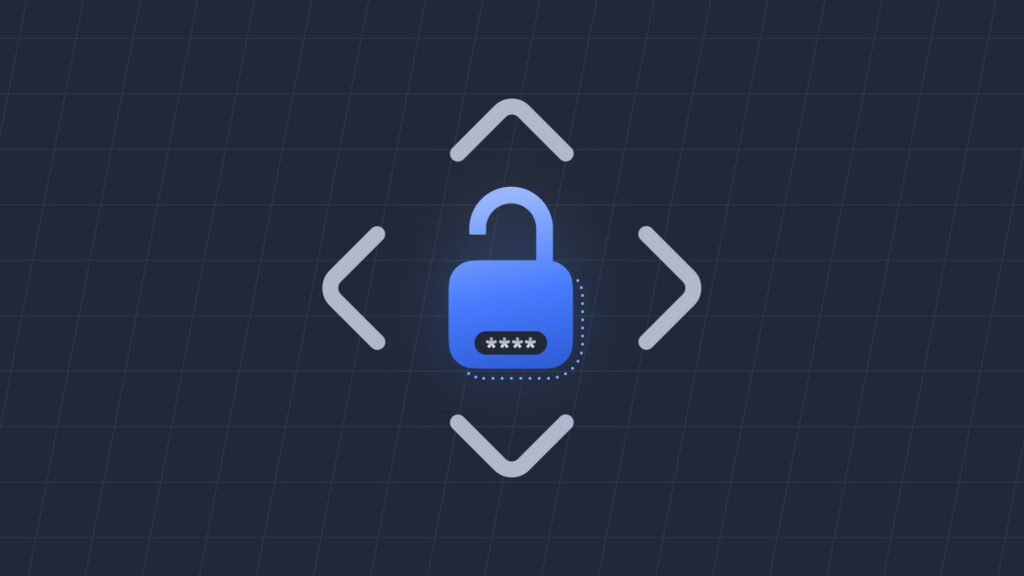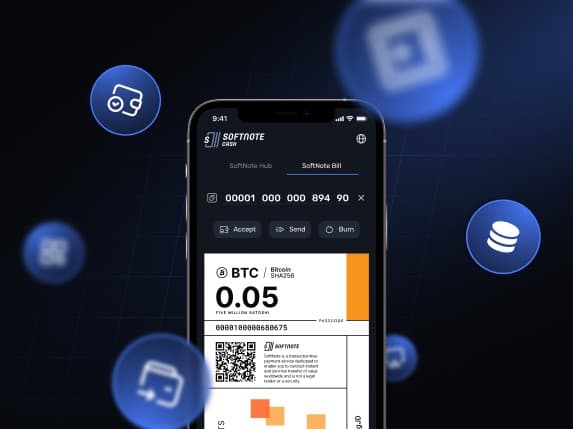Custodial vs Non-Custodial Wallet: Full Review
Using Bitcoin or other cryptocurrencies requires a digital wallet for transactions, trading on crypto exchanges, or utilizing blockchain applications. Consequently, understanding how cryptocurrency wallets function and the primary distinction between non-custodial and custodial wallet providers is crucial.









